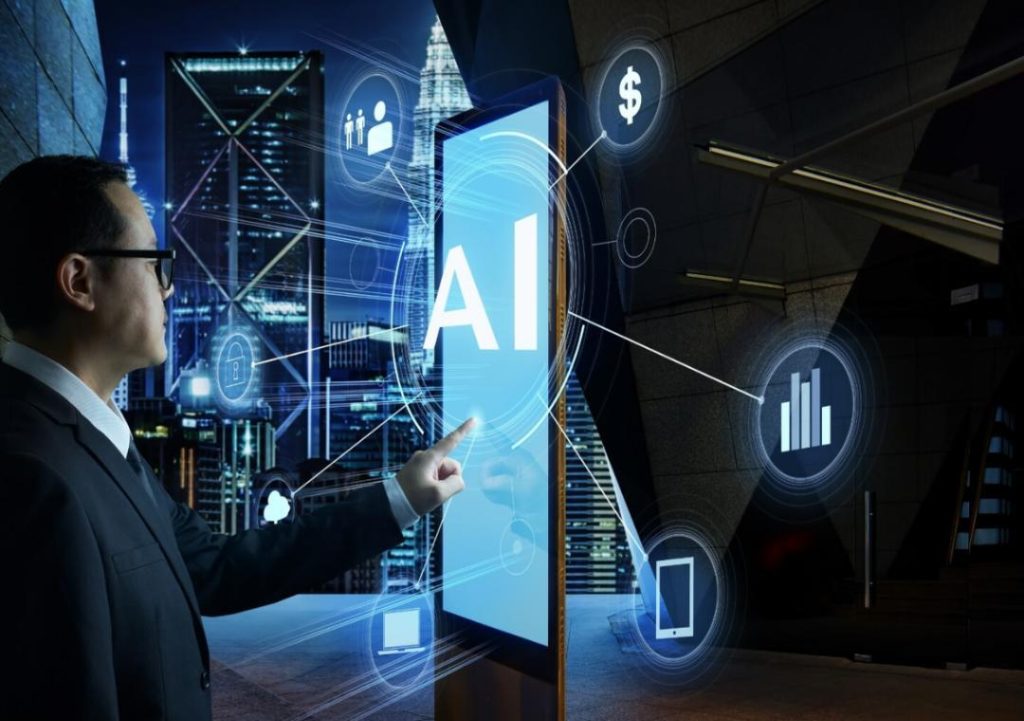
AI & ML now power over 77% of business processes
The world has changed dramatically in recent years. Gone are the days when Artificial Intelligence (AI) and Machine Learning (ML) were seen as futuristic concepts, confined to science fiction and academia. Today, these technologies have become operational essentials, transforming the way businesses operate and interact with their customers.
According to a recent report, over 77% of enterprises now use AI/ML to improve productivity, reduce costs, and personalize user experiences. This shift is no longer optional; it’s fundamental to staying competitive in a digital-first world. In this blog post, we’ll explore the impact of AI/ML on business processes and highlight the benefits of embracing these technologies.
What is AI and ML?
Before we dive into the benefits of AI/ML, it’s essential to understand what they are and how they differ.
Artificial Intelligence refers to the development of computer systems that can perform tasks that typically require human intelligence, such as visual perception, speech recognition, and decision-making.
Machine Learning, on the other hand, is a subset of AI that involves training algorithms to learn from data and improve their performance over time. This is achieved through a process called deep learning, which mimics the way the human brain processes information.
How is AI/ML important for businesses?
So, why are AI/ML so important for businesses? The answer lies in the benefits they offer:
-
Automation: AI/ML can automate repetitive and mundane tasks, freeing up human resources to focus on more strategic and creative work.
-
Improved Decision-Making: AI/ML can analyze large datasets to identify patterns and make predictions, enabling businesses to make more informed decisions.
-
Personalization: AI/ML can be used to personalize user experiences, recommendations, and marketing campaigns, leading to increased customer satisfaction and loyalty.
-
Cost Reduction: AI/ML can help reduce costs by automating tasks, streamlining processes, and improving operational efficiency.
-
Enhanced Customer Experience: AI/ML can be used to analyze customer behavior and preferences, enabling businesses to provide tailored solutions and services.
Real-World Examples of AI/ML in Business
-
Customer Support: AI-powered chatbots can help resolve customer queries and issues 24/7, reducing the workload of human customer support agents.
-
Fraud Detection: ML algorithms can analyze transaction data to detect fraudulent activities in real-time, reducing the risk of financial losses.
-
Predictive Maintenance: AI-powered sensors can predict equipment failure, enabling businesses to schedule maintenance and reduce downtime.
-
Content Recommendation: ML algorithms can analyze user behavior and preferences to recommend relevant content, products, and services.
-
Supply Chain Optimization: AI-powered algorithms can optimize supply chain operations, reducing costs and improving delivery times.
The Future of AI/ML in Business
As AI/ML continue to evolve, we can expect to see even more innovative applications across various industries. Some of the trends we’ll see in the future include:
-
Edge AI: AI-powered devices will become more prevalent, enabling businesses to process data closer to the source.
-
Explainable AI: ML algorithms will become more transparent, enabling businesses to understand how AI-driven decisions are made.
-
Human-AI Collaboration: AI will become an indispensable tool for humans, augmenting their capabilities and improving productivity.
-
Regulatory Frameworks: Governments and regulatory bodies will develop frameworks to ensure the responsible development and deployment of AI/ML.
Conclusion
AI/ML are no longer futuristic concepts; they’re operational essentials for businesses that want to stay competitive in a digital-first world. By automating tasks, improving decision-making, personalizing user experiences, reducing costs, and enhancing customer experiences, AI/ML can help businesses achieve their goals.
As the technology continues to evolve, it’s essential for businesses to stay ahead of the curve and adopt AI/ML to remain competitive. With over 77% of enterprises already using AI/ML, the time to act is now.
Source:
https://www.growthjockey.com/blogs/what-is-ai-and-ml-how-is-it-important





